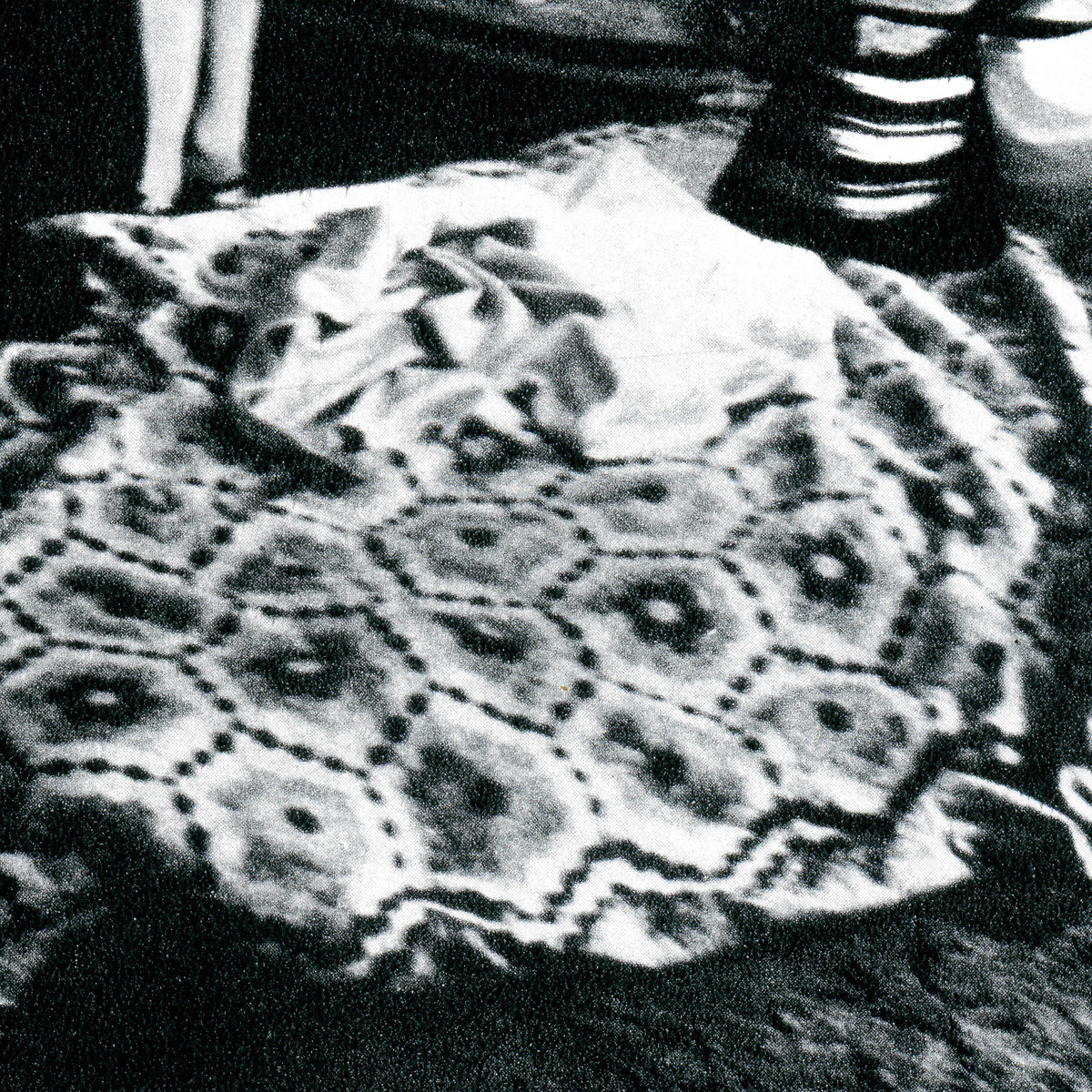Steve
Roden: walking from savoonga to gambell (Line)
“3
years ago, i decided to stop working with the sound tools i had been
using since the early 1990’s. the decision to shift was not because
i was unhappy with what i was making, but i started to feel as if
knew what i was doing; and so i felt the need to change my tools in
the hope that things would feel different or difficult.after
talking to friends, it was suggested i mess around with an
analog synthesizer. ideologically this was an immediate problem,
since the integrity of my sound practise was rooted in using “poor
materials” (mostly found objects, stones, contact mics, and
“junk”), and now i am one of a number of sound friends who have
migrated into the modular realm (for better or worse). for my own
means, the modular is a difficult partner, not so flexible, with a
lot of learning curves – and far from someone like an improvisor
like me.i
remember asking a manufacturer about what a specific module was
supposed to do, and he said “it’s all about control”; and in
his response i realized i had found a way collaborate with an
instrument by simply using it wrong. there are no fancy moves here,
just patching cables between modules until i find something like a
tide pool (it moves but feels still). these tracks were recorded live
in my garage.”
— Steve Roden, 2017
While
Steve Roden’s work can be enjoyed plenty without knowing much of the
context or processes within, it can enhance his richness as an aural
artist to dig deeper under the surface. His latest for Richard
Chartier’s reliably solid Line imprint marks his first since 2010’s
Proximities, and it is the first for the label to feature his new
practice of modular synth tinkering. Those who are used to the peppy,
step-sequenced arpeggios and patterns of M. Geddes Gengras or the
undulations of Anthony Child’s recent two albums may be surprised to
hear Roden working in a very different style here, but those familiar
with his work as a sound artist previously will not. Tinkering and
experimenting in the most genuine sense of the word has always seemed
to be the driving force for Roden, whether in the sound or visual
realm. It’s interesting to hear Roden’s self-anointed “lowercase”
aesthetic and process translated to the modular synth, wherein
perhaps similar techniques yield quite different results. Just as
drawing with crayons is very different from painting with oils, his
trial and error experiments that resulted in most of the album’s
contents are built on subtlety and nuance but stand in contrast to some of his previous material. Their subtly rhythmic patterns of pitches that wander in and out of and
amongst themselves create a sort of perpetual motion of pitchiness.
walking from savoonga to gambell by STEVE RODEN
“this
is for anyone who wants to dance” indeed is likely the closest
Roden has flirted with overt rhythm in such an obviously electronic
way, but its persistent tenor hum quickly fades from a backbeat to a
ruminant drone, looping little reverberated doodles overhead. Those
cycling phrases and patterns recall techniques present even in his
earliest material as in be tween noise (Roden’s early work,
incidentally, is now available on his Bandcamp page, well deserving
of renewed attention), and even if the toolkit has changed, the
meditative and inward quality of his output remains in tact. Even the
modular chirps and looping tones of “helicopter song” feel akin
to the handmade objects and toys that comprised his old toolkit,
feeling at home in his repertoire but still feeling somehow renewed
or with a shift. My favorite of the five pieces is probably the last
and longest one, “the whole room throbs.” Underpinned by what
could pass as line noise, its electronic gurgles and tiny patterns
bristle for a good thirteen minutes. By virtue of repetition and its
muted palette, it manages to be both tense and meditative at once,
until it abruptly stops and ends. That Roden is willing to embrace
different tools and techniques once
again supports his continued exploration of challenging the new and unfamiliar, something I find consistent in both Roden and Line’s greater bodies of
work.
Buy it: Line Bandcamp


0 Comments